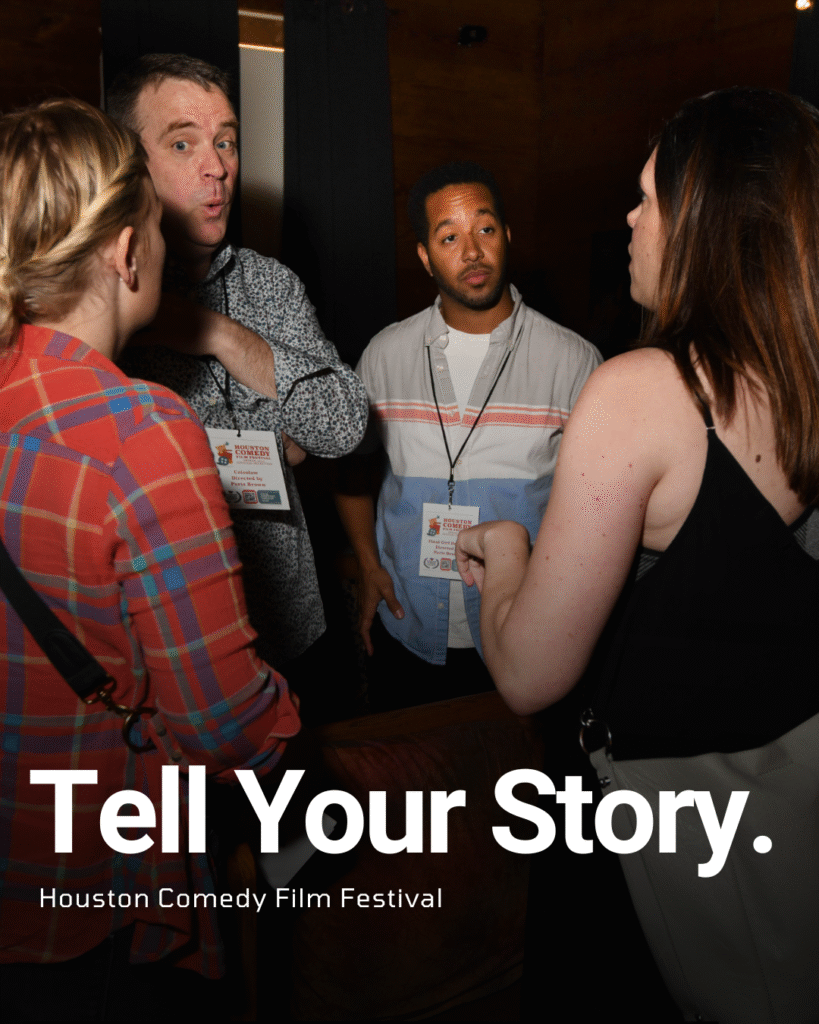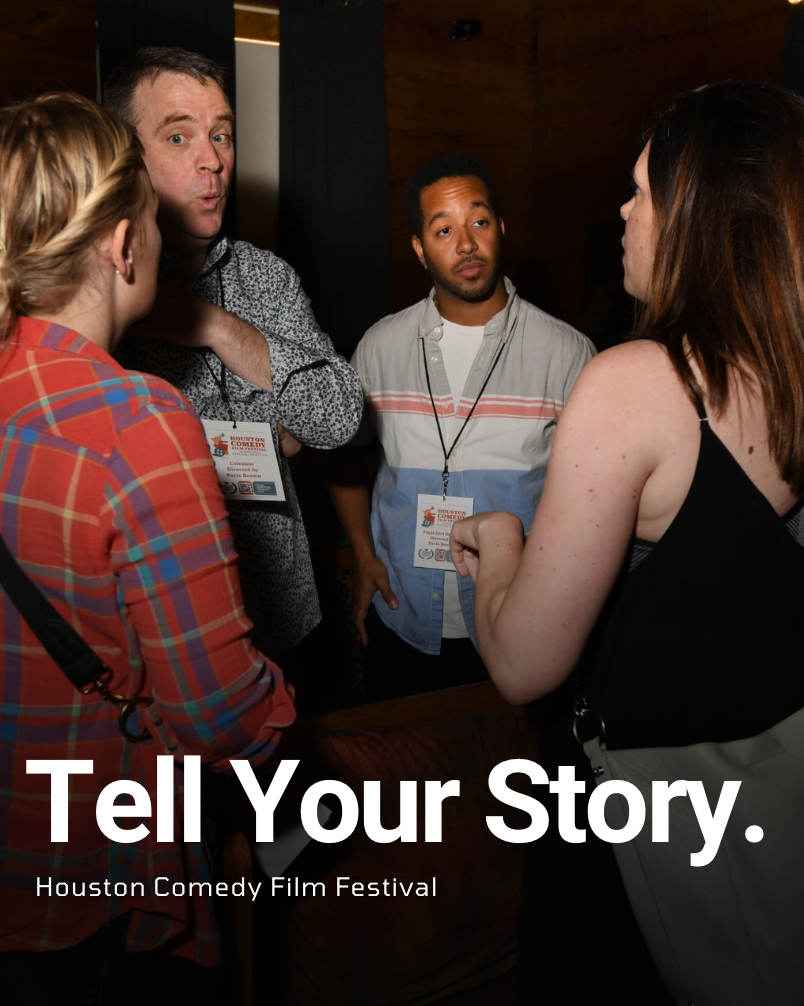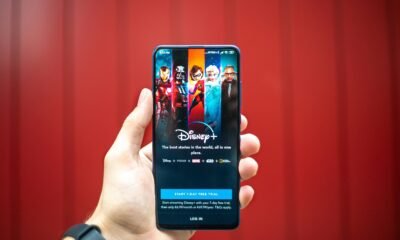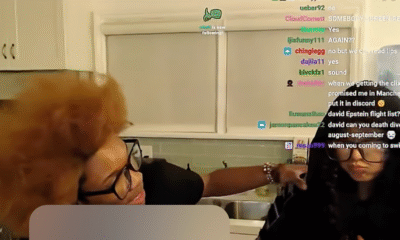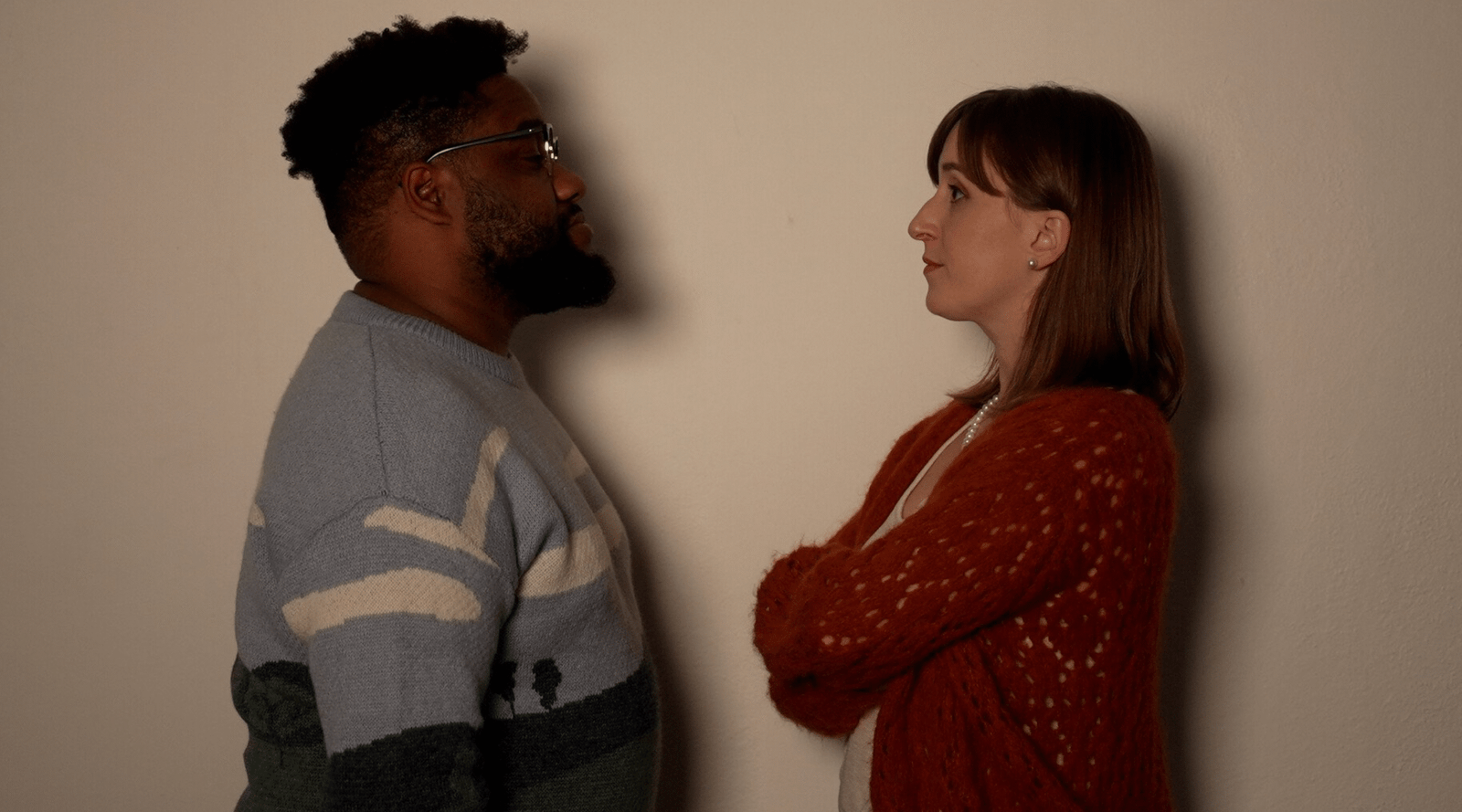Entertainment
Euphoria’s Dominic Fike Is Unsure Whether Elliot Will Return for Season 3 on January 21, 2024 at 12:44 am Us Weekly
Dominic Fike isn’t so sure that Elliot will be seen in Euphoria season 3.
“I don’t really talk to them anymore,” Fike, 28, told Variety when asked about returning for the upcoming third season. “That be dope, though, who knows? I’ve got stuff to do.”
On his list of things to do is promote his new movie Little Death, which premiered at Sundance Film Festival. The actor plays character struggling with addiction in the film, directed by Jack Begert, and costarring David Schwimmer, Gaby Hoffmann and Talia Ryder.
“I’ve done that before, like acted like a drug addict,” Fike shared. “I am a pretty big drug addict myself, believe it or not. But when I was on Euphoria, they kind of just gave me a coach who would just talk to you. It was just some random lady. Jack is one of my best friends so it made it a lot easier, obviously.”
Fike described the sober companion as “a random lady that I’d never relate to. We had nothing in common. We didn’t come from the same places or the same problems. It was hard to take advice from someone like that or give a s–t.”
Perviously, the “Elliot’s Song” singer opened up about struggling with addiction while filming Euphoria season 2.
Eddy Chen/HBO
“I mean I was a drug addict and coming onto a show mainly about drugs was very difficult,” Fike said in July 2023 during an interview with Apple Music’s Zane Lowe. “Sam [Levinson], the director and writer, he got me a sober coach, somebody to be there you know all the time. Did not work. … I was so f–ked up during a lot of that show. It was really bad.”
He relapsed while filming the Emmy-winning HBO series and admitted to being high while filming some scenes. “I was reprimanded for it. I almost you know got kicked off the show,” Fike added. “They were like, ‘Bro you cannot be doing this.’”
Amid reports that Euphoria would start filming again this year, Jacob Elordi (who plays Nate Jacobs) admitted he had no clue when cameras will start rolling.
“I don’t know [when we resume filming]. Do you know?” Elordi, 26, joked during an appearance on The Tonight Show Starring Jimmy Fallon earlier this month. “I hope it’s soon, or they’re going to have to Benjamin Button me or something. I’m going to have a bad back walking down the hallway, you know?”
Elordi mentioned a potential time jump, adding, “I’m assuming that we’ll have to go forward, otherwise it’s going to seem, like a weird bit.”
Dominic Fike isn’t so sure that Elliot will be seen in Euphoria season 3. “I don’t really talk to them anymore,” Fike, 28, told Variety when asked about returning for the upcoming third season. “That be dope, though, who knows? I’ve got stuff to do.” On his list of things to do is promote his
Us Weekly Read More
Continue Reading
Entertainment
Jennifer Lopez’s Ex Fires Back: “You Are the Problem”

Ojani Noa Accuses J.Lo of Cheating After “Never Been Loved” Comments
Jennifer Lopez is once again at the center of a media storm — but this time, it’s her first husband, Ojani Noa, turning up the heat. Following Lopez’s recent Howard Stern Show interview, in which she claimed she has “never been truly loved” by any of her exes, Noa has publicly accused the superstar of cheating and playing the victim.
In the viral Instagram post that has now spread across major outlets like TMZ and New York Post, Noa didn’t hold back.
“Stop putting us down. Stop putting me down with your victim card,” he wrote. “The problem is not us. Not me. The problem is you. You’re the one who couldn’t keep it in your pants.”
“You Chose Fame and Lies Over Love”
Noa and Lopez were married briefly from 1997 to 1998, before her rise to Hollywood superstardom. In his explosive statement, he accused her of being unfaithful during their marriage, claiming she prioritized fame over their relationship.
“You have been loved a few times. You’ve been married four times. And have had countless relationships in between,” Noa continued. “You decided to lie, to cheat on me. You begged me to keep the marriage intact to avoid bad press.”
Noa described himself as “faithful, honest, and loving,” saying he uprooted his life and career to support Lopez at the beginning of her entertainment journey. “I left my family, my friends, everything behind for you,” he wrote, “but once fame came calling, you left me behind.”
Lopez Silent Amid Growing Backlash
As of now, Jennifer Lopez has not publicly responded to Noa’s allegations. During her Howard Stern interview, the singer and actress claimed her former partners “weren’t capable” of loving her, saying, “It’s not that I’m not lovable… it’s that they’re not capable.”
Her remarks were widely interpreted as referencing all of her ex-husbands — including Marc Anthony, Cris Judd, and Ben Affleck — but it was Noa who reacted first and most forcefully. His comments have ignited widespread debate online, with many questioning whether Lopez’s honesty came at the expense of others’ reputations.
Public Response and Media Fallout
The online reaction has been intense, with social media users split between defending Lopez’s right to share her truth and blasting her for allegedly rewriting history. Meanwhile, entertainment analysts note that the controversy adds to an increasingly turbulent year for the singer, following canceled tours, underperforming films, and ongoing scrutiny over her marriage to Affleck.
This latest backlash has also reignited conversations about Lopez’s highly publicized romantic history. As tabloids and fans speculate whether more exes might respond, the situation underscores an old truth in celebrity culture — that every candid confession comes with consequences.
For now, Jennifer Lopez remains silent. But in the court of public opinion, the debate about who’s really at fault in her love story is only just beginning.
Entertainment
Selling Your Soul in Hollywood: The Hidden Cost of Fame
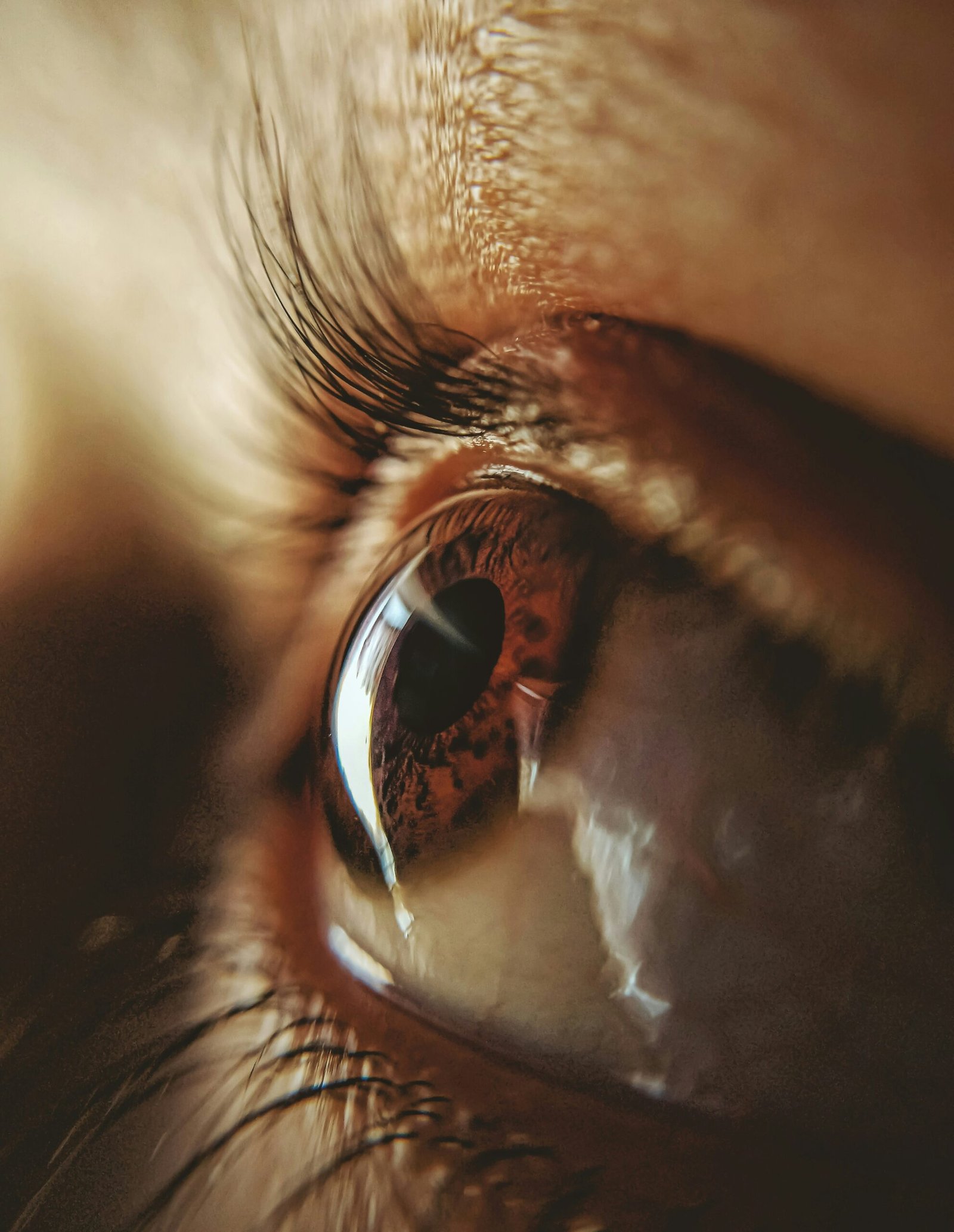
By all appearances, Hollywood is a dream factory — a place where charisma, talent, and luck collide to create stars. But behind the camera lights and red carpets lies a conversation few inside the industry speak openly about: the spiritual and moral price of ambition.

For actor Omar Gooding, the idea of “selling your soul” in Hollywood isn’t a metaphor — it’s a moral process that begins with tiny compromises. In an October 2025 interview, Gooding explained that no one in Hollywood makes a literal deal with the devil. Instead, it’s the quiet yeses, the moments when comfort overrides conviction, that mark the beginning of the trade. “They don’t say, ‘Take this or you’ll never make it,’” he said. “They just put it in front of you. You choose.”
Those choices, he argues, create a pattern. Once you show that you’ll accept something you once resisted, the industry notices. “Hollywood knows who it can get away with what,” Gooding said. “One thing always leads to another.” The phrase “selling your soul,” in this context, means losing your say — doing what you’re told rather than what you believe in.
That moral tension has long shadowed the arts. Comedians like Dave Chappelle, who famously walked away from millions to preserve his creative integrity, often serve as examples of where conviction and career collide. In resurfaced interviews, Chappelle hinted that he felt manipulated and silenced by powerful figures who sought control of his narrative, warning that “they’re trying to convince me I’m insane.”
This isn’t just about conspiracy — it’s about agency. Hollywood runs on perception. Performers are rewarded for being agreeable, moldable, entertaining. Those who question the machine or refuse the script risk exile, while those who conform are elevated — sometimes beyond what they can handle.
“We see the ‘collections’ all the time,” Gooding explained. “When the bill comes due, you can tell. They made that deal long ago.”
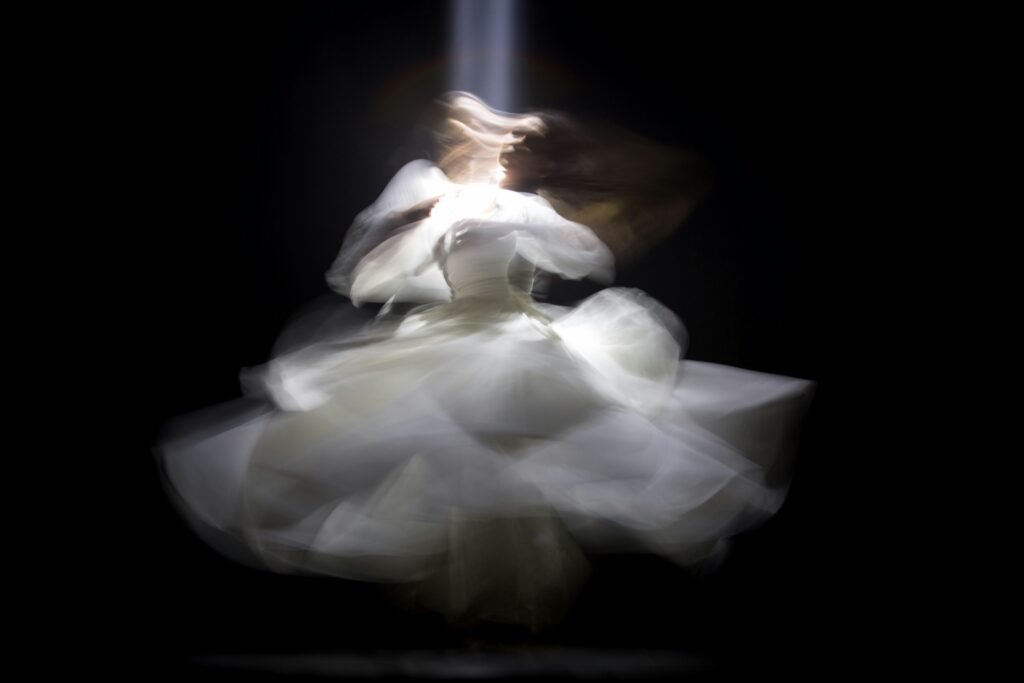
But the story doesn’t end in darkness. Gooding also emphasizes that in today’s entertainment landscape, artists have more control than ever. With streaming, social media, and creator‑driven platforms, performers don’t have to “play the game” to be seen. Independent creators can build their own stages, speak their own truths, and reach millions without trading authenticity for access.
Still, the temptation remains — recognition, validation, quick success. And every generation of artists must answer the same question: What are you willing to do for fame?
As Gooding put it, “You just make the best choices you can. Because once it’s gone — your name, your peace, your soul — there’s no buying it back.”
Entertainment
California Bans AI Clones from Replacing Real Talent

California just made a dramatic stand for human creativity, defeating the threat of AI actor clones with a sweeping new law that puts people—not algorithms—back in the Hollywood spotlight. With the stroke of Governor Gavin Newsom’s pen in October 2025, the state has sent a clear message to studios, tech companies, and the world: entertainment’s heart belongs to those who create and perform, not to digital facsimiles.
California Draws a Hard Line: No More AI Clones
For months, the entertainment industry has been divided over the use of artificial intelligence in filmmaking. Studios, lured by promises of cost-cutting and creative flexibility, have invested in software that can mimic an actor’s face, voice, and even emotional range. But for performers, this wave of synthetic reproduction has triggered alarm—encouraged by chilling stories of deepfakes, unauthorized digital doubles, and contracts that let studios reuse a star’s likeness indefinitely, sometimes without pay or approval.
The new California law, anchored by AB 2602 and AB 1836, changes everything:
- Every contract must explicitly detail how studios can use digital replicas or voice models, preventing once-common “blank check” agreements that overlooked this risk.
- No one—not studios nor streaming giants—can create or release AI-generated clones of an actor, living or dead, without clear, written consent from the performer or their estate.
- The law gives families new powers to defend loved ones from posthumous deepfake exploitation, closing painful loopholes that once let virtual versions of late icons appear in new ads, films, or games.
Actors Celebrate a Major Victory
The legislation rides the momentum of the recent SAG-AFTRA strike, where real-life talent demanded control over their own digital destinies. Leaders say these protections will empower artists to negotiate fair contracts and refuse participation in projects that cross ethical lines, restoring dignity and choice in an industry threatened by silent algorithms.
Stars, unions, and advocacy groups are hailing the law as the most robust defense yet against unwanted AI replications.
As one actor put it, “This isn’t just about money—it’s about identity, legacy, and respect for real artists in a synthetic age.”
A New Chapter for the Entertainment Industry
California’s move isn’t just a victory for local talent—it’s a warning shot to studios everywhere. Companies will now be forced to rethink production pipelines, consult legal counsel, and obtain proper clearance before digitally cloning anyone. Global entertainment platforms and tech developers will need to comply if they want to do business in the world’s entertainment capital.

These laws also set a template likely to ripple through other creative fields, from musicians whose voices can be synthesized to writers whose work could be mimicked by generative AI. For now, California performers finally have a powerful shield, ready to fight for the right to shape their own public image.
Conclusion: Human Talent Takes Center Stage
With its no-nonsense ban on AI actor clones, California draws a bold line, championing the work, likeness, and very humanity of its creative stars. It’s a landmark step that forces the entertainment industry to choose: respect real talent, or face real consequences. The age of the consentless digital double is over—human performers remain the true source of Hollywood magic.

 Business4 weeks ago
Business4 weeks agoDisney Loses $3.87 Billion as Subscription Cancellations Surge After Kimmel Suspension

 Entertainment4 weeks ago
Entertainment4 weeks agoWhat the Deletion Frenzy Reveals in the David and Celeste Tragedy

 Entertainment4 weeks ago
Entertainment4 weeks agoExecutive Producer Debut: How Celia Carver Created Festival Hit ‘Afterparty’

 Health4 weeks ago
Health4 weeks agoRussia Claims 100% Success With New mRNA Cancer Vaccine

 Business3 weeks ago
Business3 weeks agoWhy Are Influencers Getting $7K to Post About Israel?

 Health4 weeks ago
Health4 weeks agoWhy Did Gen Z QUIT Drinking Alcohol?

 Advice4 weeks ago
Advice4 weeks agoHow AI Is Forcing Everyone Into the Entrepreneur Game

 Entertainment3 weeks ago
Entertainment3 weeks agoKeith Urban and Nicole Kidman Split After 20 Years as Actress Files for Divorce



